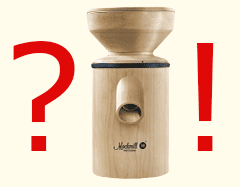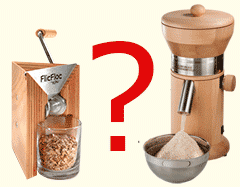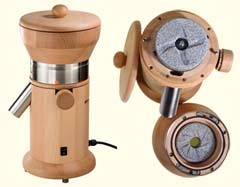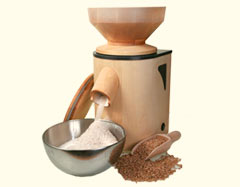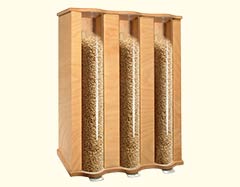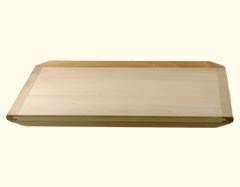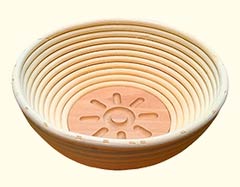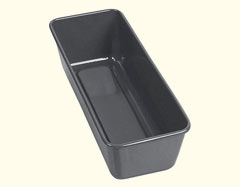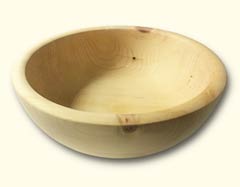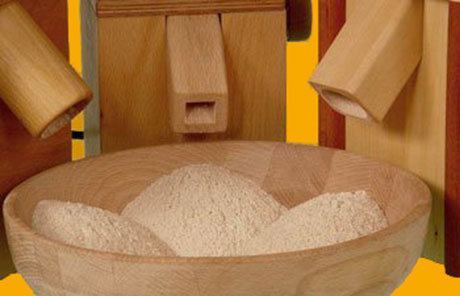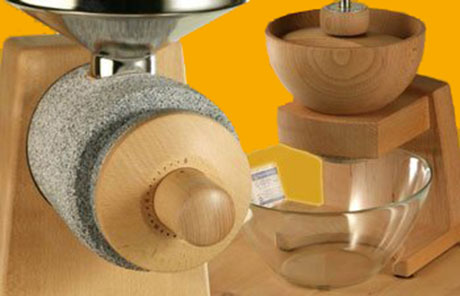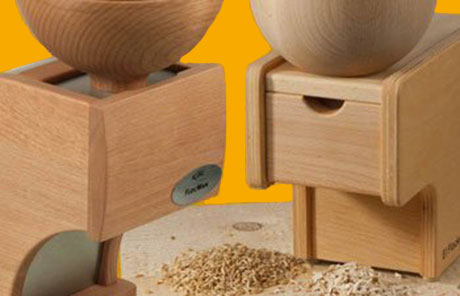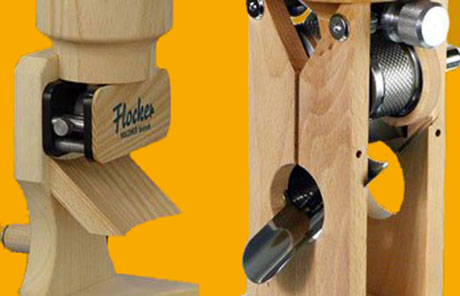Flaker or Mill?
The essential difference between a grain mill and a flaker
The Flaker
Flakers are also called flake crushers or grain crushers. They are used only to crush the grains. The crushed grains are called flakes. Grains that have been crushed with a flaker are softer than coarse meal from a grain mill, depending on the type of grain. Oats are particularly good for crushing and easier to eat than other grains. The husk of the flakes is compressed, pre-chewed, so to speak. The husk of the cereal meal is only broken and therefore still very hard and unsuitable for immediate consumption.
The Mill
Grain Mills grind the grain between two grindstones to produce wholemeal flour or meal. The grain breaks down into its components, the hull and the endosperm. The term "meal" refers to the milled (ground) grain with all its components. Flour", on the other hand, contains only the endosperm, i.e. without the husk of the grain. The flour without germ and husk is also called "white flour" in contrast to "wholemeal flour" (= meal), which contains all grain components.
Flakes quickly
Cereal flakes are good for quick muesli with yoghurt, milk or liquid of your choice. The flakes swell quickly because they can absorb the liquid well and produce a porridge.
Soak grist
For the so-called fresh grain porridge, also called fresh grain muesli, you take coarse grain meal that is soaked overnight in water, which, according to Dr. Kollath, is what allows the enzymes and vital substances to unfold. The coarsely ground grains are then somewhat rubbery and have an interesting bite.
Which now? Flaker or Mill?
Fundamental
Grain and Flour Mill for wholemeal flour for baking
For baking you need fine meal (=wholemeal flour). For a hearty bread you can add coarser meal and cereal flakes. If necessary, wholemeal cooking can do without a flaker, but never without a mill. If you only need oat flakes for a quick muesli, a flaker is of course enough.
Standard question about grain and flour mills:
"Can nuts, poppy seeds and sunflower seeds also be ground?" Basically no (exception Widu-Mills), there are special mills for this. Such oily seeds smear during grinding and clog the mill. Even with soft grains such as oats and barley, the mill can get stuck if the grinding is too fine. Seeds with a high oil content can only be ground mixed with wheat or spelt.
Flaker or cereal crusher for flakes for muesli
With a flaker you can crush almost anything you need for quick muesli, baking or cooking, e.g. also sunflower seeds, poppy seeds (to a limited extent), linseed, millet, etc., but not whole nuts, as they are too large and are not drawn in by the rollers.
Basic facts about home-made flakes
Most people only know cereal flakes from industrially produced bag flakes. Therefore, the expectation exists that one can also produce such beautiful, cohesive flakes oneself with a flaker at home. But the industry has its own special manufacturing processes and techniques that are not comparable to a cereal crusher for the private household. In household flakers, the grains are simply pressed through two small rollers and squeezed. Depending on the consistency, the result is crushed grain that more or less disintegrates into husk and flour. The most beautiful oat flakes are those that correspond most closely to the idea of flakes.
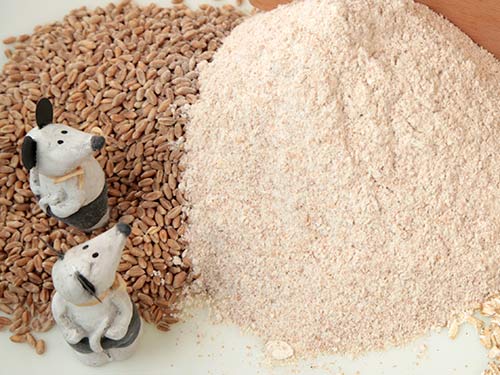 Spelt wholemeal flour freshly ground with a grain mill for home use
Spelt wholemeal flour freshly ground with a grain mill for home use
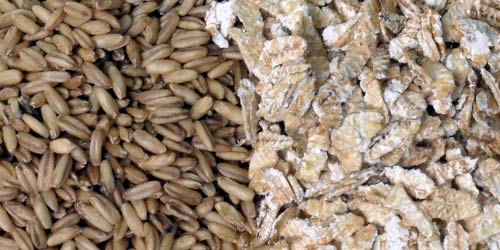 Oat flakes themselves crushed with a hand flaker hold together well.
Oat flakes themselves crushed with a hand flaker hold together well.
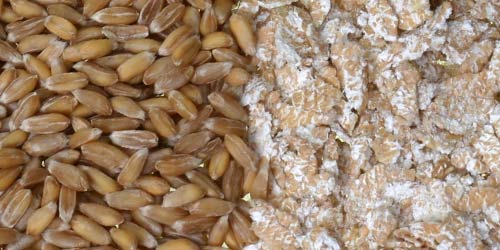 Home-made spelt flakes easily disintegrate into flour and husk.
Home-made spelt flakes easily disintegrate into flour and husk.
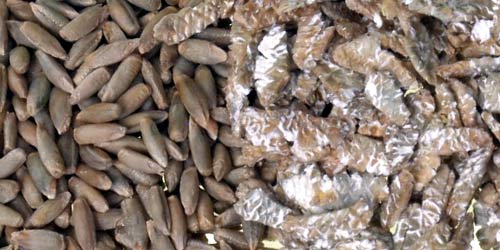 Even crushed rye flakes hold together slightly better than spelt flakes.
Even crushed rye flakes hold together slightly better than spelt flakes.
 Grain Mills about 100 g/min
Grain Mills about 100 g/min 
Discount-Code
top_komo5

360W·100g
279,- €

400W·100g
249,- €

250W·100g
299,- €

360W·100g
299,- €

250W·100g
299,- €

360W·125g
299,- €

360W·125g
299,- €

250W·100g
369,- €

360W·125g
319,- €

360W·125g
389,- €

400W·120g
436,- €

360W·100g
389,- €

400W·65-100g
460,- €

360W·100g
419,- €

360W·125g
389,- €

400W·120g
520,- €

360W·100g
459,- €

360W·100g
459,- €

360W·100g
459,- €

400W·130g
550,- €

400W·120g
495,- €

400W·65-100g
660,- €

360W·125g
449,- €

350W·90g
ab 586,- €

350W·90g
ab 649,- €

350W·90g
ab 694,- €

360W·100g
ab 748,- €

250W·100g
469,- €

360W·100g
589,- €

360W·110g
739,- €

400W·130g
895,- €

360W·100g
719,- €
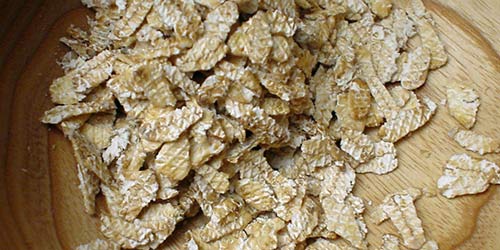 Freshly crushed with an Eschenfelder grain crusher
Freshly crushed with an Eschenfelder grain crusher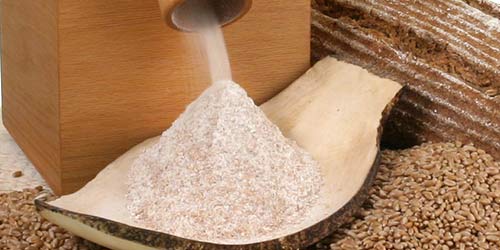 Self-ground with the legendary Fidibus 21
Self-ground with the legendary Fidibus 21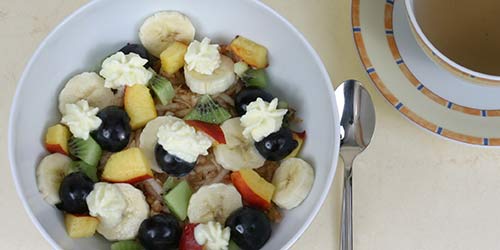 A fresh grain porridge recipe
A fresh grain porridge recipe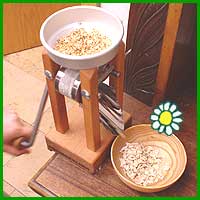
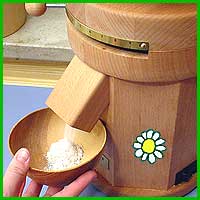 Electric grain mill
Electric grain mill
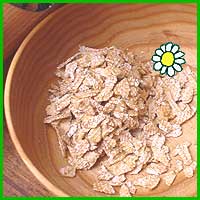 Oat flakes
Oat flakes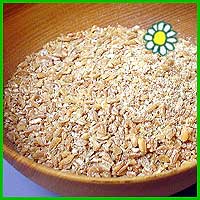 Coarsely ground oats
Coarsely ground oats
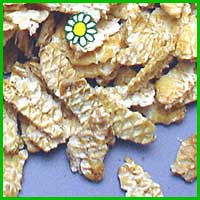 Oat flakes +
Oat flakes +
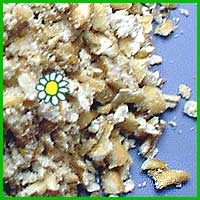 Coarse oatmeal +
Coarse oatmeal +
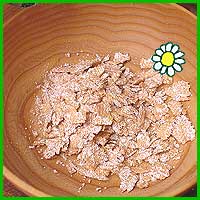 Spelt flakes
Spelt flakes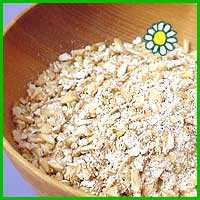 Spelt meal coarse
Spelt meal coarse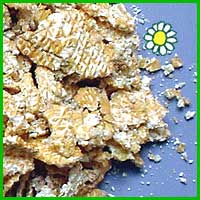 Spelt flakes +
Spelt flakes +
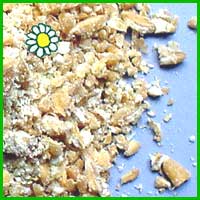 Spelt meal +
Spelt meal +



















